I sat in the back of a small classroom full of students at the Bible college in Mae La refugee camp on the Thailand-Myanmar border. As part of my J-term study abroad experience, I entered this classroom with the expectation of just quietly sitting in on a class with two other Bethel students. But this was not the case, because soon we were asked to come up to the front of the classroom and answer questions. We were asked about money, investing and what our lives were like as students at a university in America.
As I explained the thrilling and exhausting life of a communications major, I was asked a question by the teacher that caught me off guard: “As you know, many of us are here; Our villages have been burned, our sisters raped and our family members killed. How would you forgive these people?”
My head spun while I began to think of how to appropriately answer her piercing question.
This summer, I worked with refugee children in Chicago who came from all over the world— Afghanistan, Ethiopia, Columbia. Through my work at a local nonprofit, my afternoons were full of swimming in Lake Michigan, going to the zoo and playing hours of soccer. Before this summer I thought that I wanted to work with refugees, but during my internship I became more and more certain that this was the kind of work that I wanted to do.
Within a matter of weeks, I went from not knowing any of the kids to having 50 little friends. Two of these friends were Knyaw, part of an ethnic group also known as Karen who have been arriving in the United States since the late 1990s. They had recently arrived in the United States from a refugee camp on the border of Thailand and Myanmar, similar to the one I visited in January. These kids were such a large source of joy in my life. We roared at the lions, played hours of Sorry and built sandcastles together, all while I was constantly swatting at them, trying to get them to stop plucking hairs off my body.
When the teacher asked me her raw, honest question, I thought of those two Knyaw kids that I worked with this summer. My heart broke. This was the reality that these kids grew up in. For me, this question was something to be answered in an academic setting, but for these kids, this question is something that they have to ask themselves every day.
I glanced up at the hundreds of eyes that awaited my answer, and I made eye contact with another young woman. She was wiping the tears from her eyes with a pink skirt. It reminded me of the same pink poodle skirt my little sister would wear during her dance recitals growing up.
My heart broke again.
Later that afternoon, the same young woman walked up to me and, with hurt in her eyes, told me, “You talk of these opportunities. We do not have any of them. We are stuck here. We cannot leave. We have no opportunities. This is all we have.” My heart shattered, not just because it was sad to think about, but because it so deeply affected a group of people who I had begun to experience a life of fullness with back home, and who I care so deeply about.
Here I was living side by side with these people for a few weeks. Eating mohinga, a rice noodle and fish soup. Learning traditional dances. Singing songs. But at the end of the day, I could return home to my life back in Minnesota, a place that many of those students can’t even picture.
However, this hard moment isn’t the only thing that stands out from my month abroad. Late one hot afternoon, a group of us went for a walk through a Knyaw village. As we walked through the streets with the sun setting over the mountains in Kawthoolei, we found ourselves being called into a stranger’s house to participate in a birthday party. As we entered the house, we were generously invited to eat our fill of mohinga and vanilla birthday cake. The house was filled with laughter as we sang happy birthday together and were taught how to properly eat Knyaw porridge. Despite our empty hands and hesitations, we were welcomed to the table like family. We left that afternoon with full stomachs, in awe of the radical generosity of the Knyaw people.
I will never be able to look back at my time in Thailand without thinking about these experiences. Experiences that affirmed my choice to spend my life accompanying displaced people. Experiences that would not have been possible without the intention of being proximate to those who are different from us. I will always be reminded of the Knyaw porridge when I think of generosity, and I will always picture the young woman’s tear-stained face when I think about forgiveness.
These two stories are just a small sample of the millions of stories that come together to tell the story of the Knyaw people. I find myself somewhere in between these stories. Trying to hold both of them with the respect that they deserve, trying to honor them. I am tempted to place them on the operating table and dissect them, to try and squeeze every single lesson from them. But I think that would do the stories a disservice.
These stories deserve to be told. They deserve to be heard by others, and beyond that, there is not much more that I can do except to continue to be curious about those in my community and in the world who are different from me.

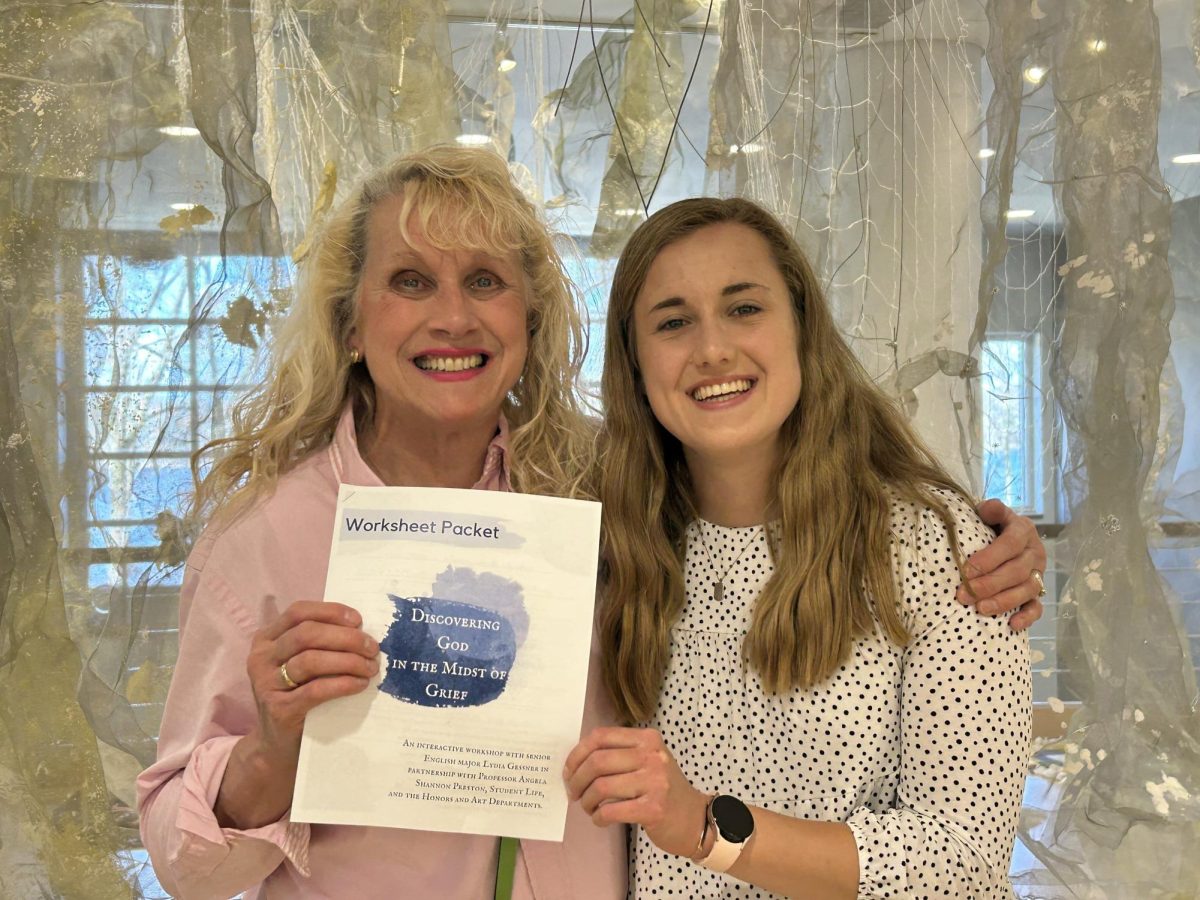
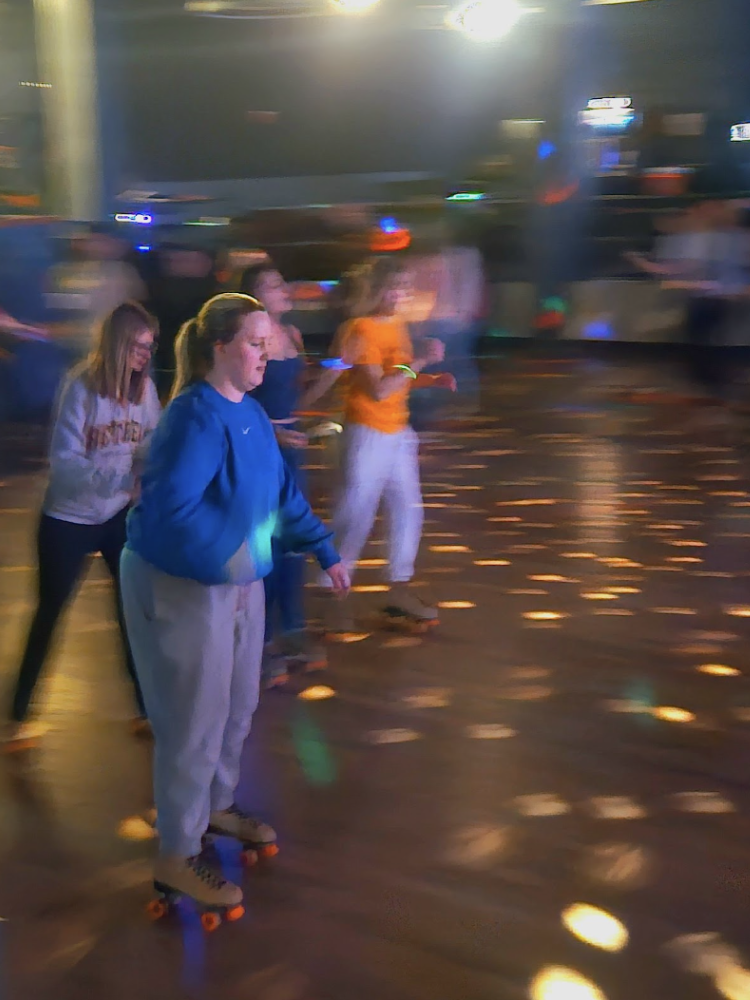
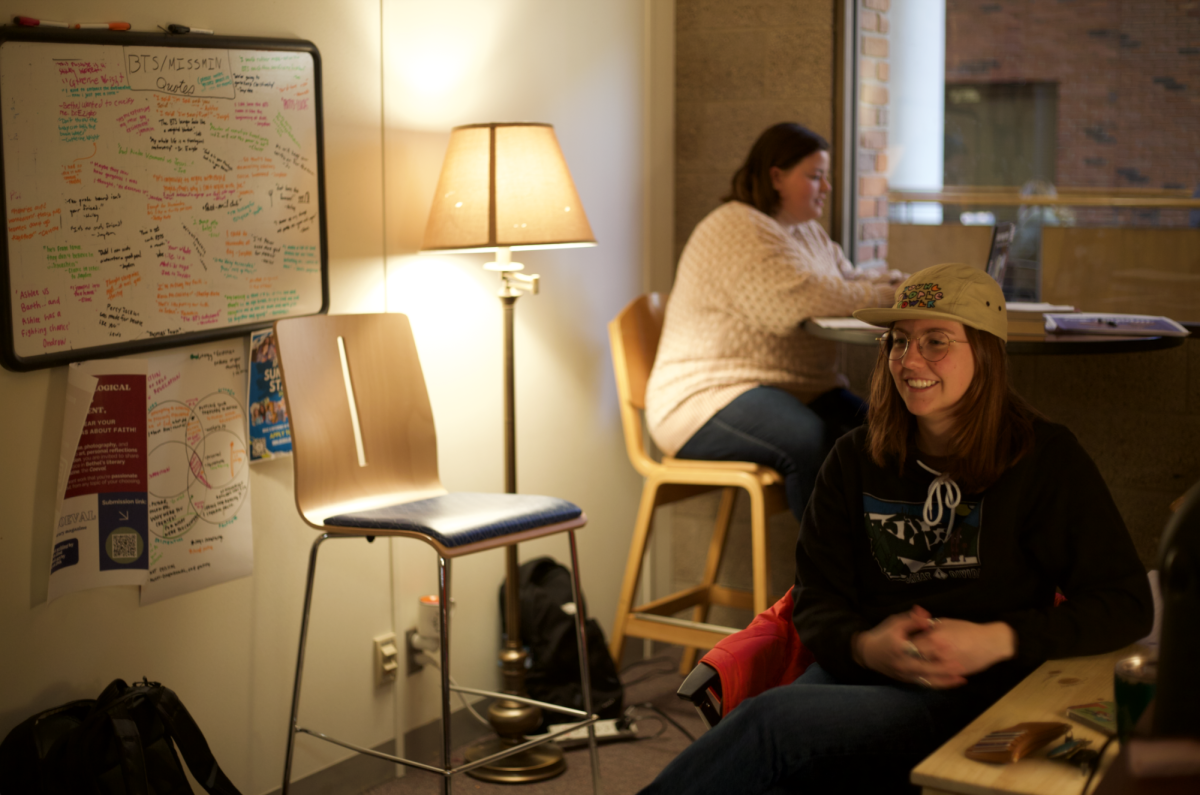
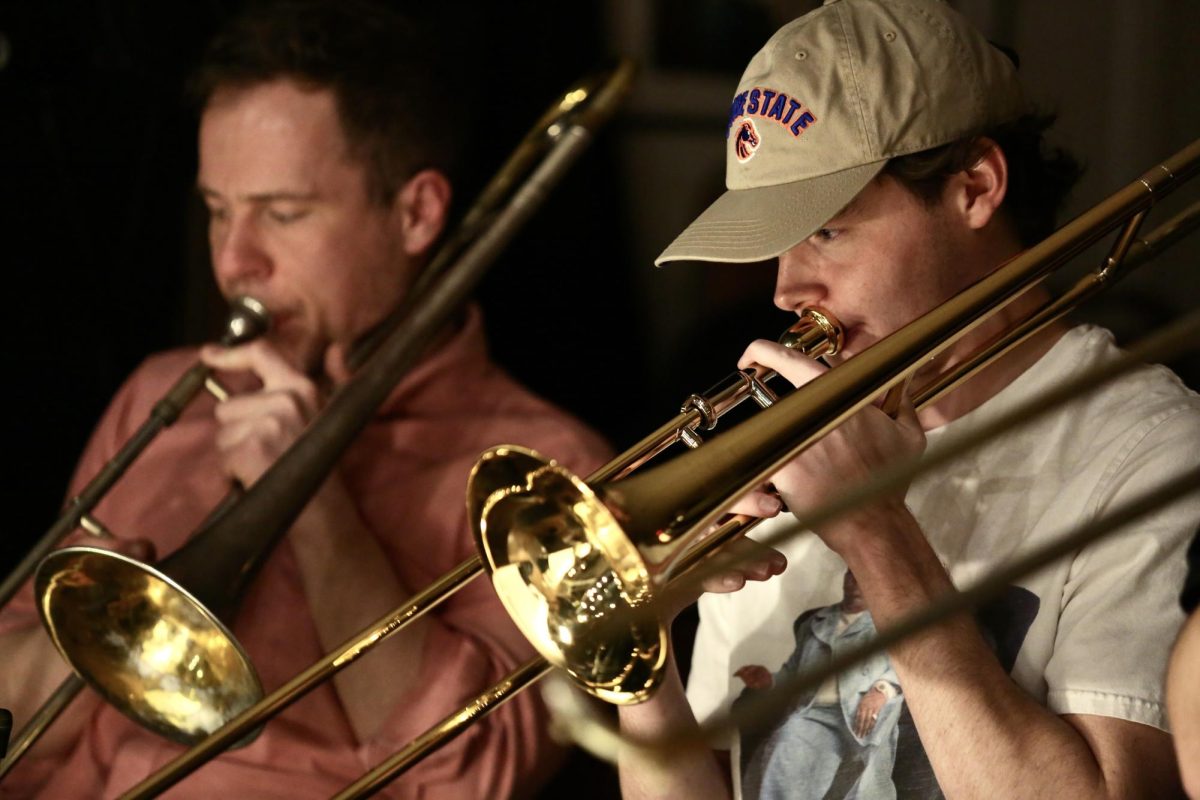
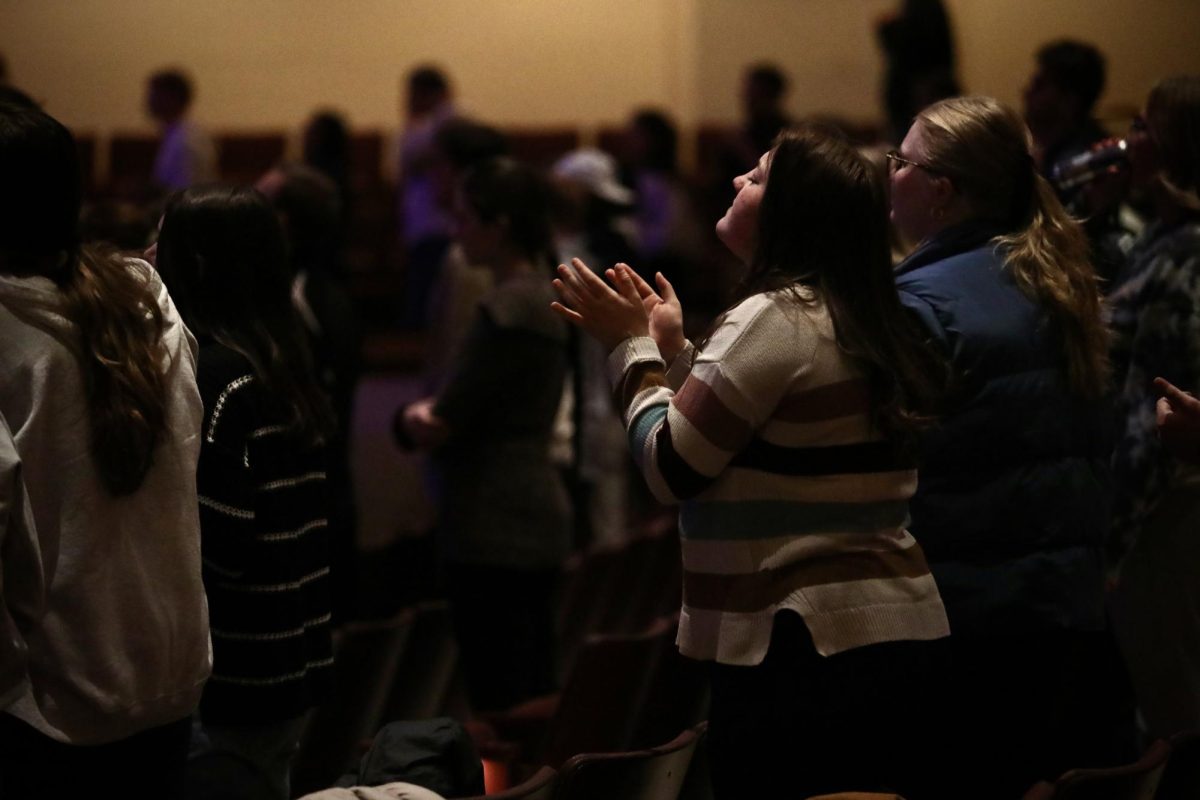

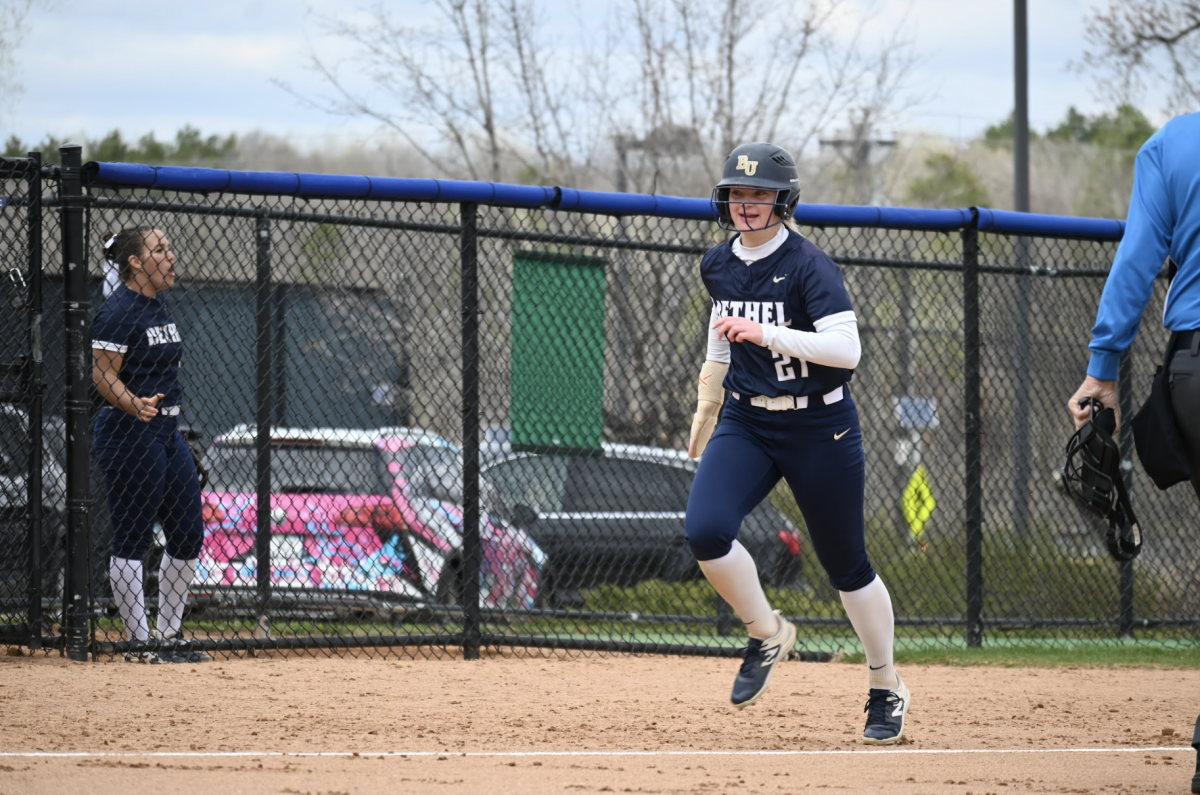

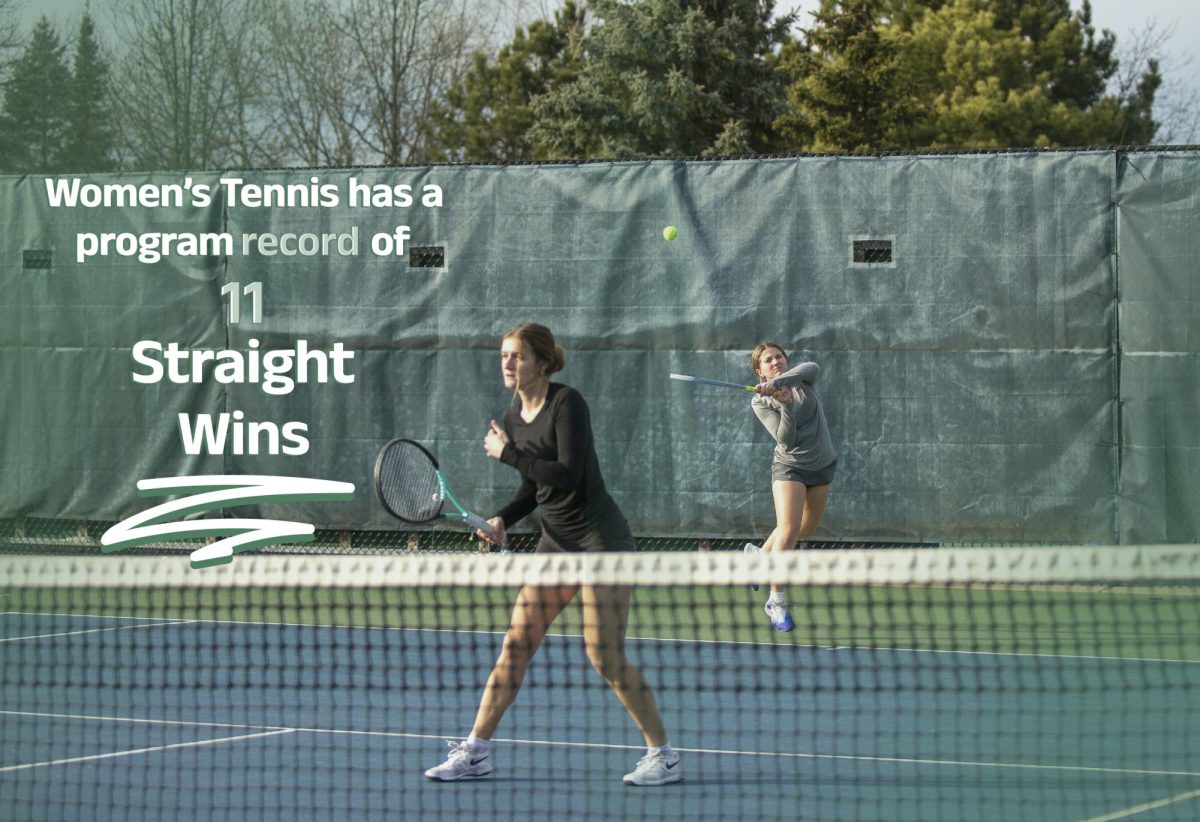
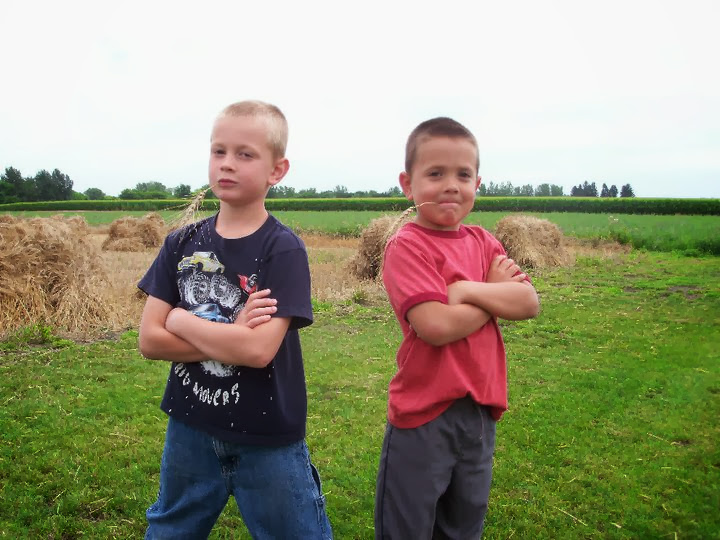
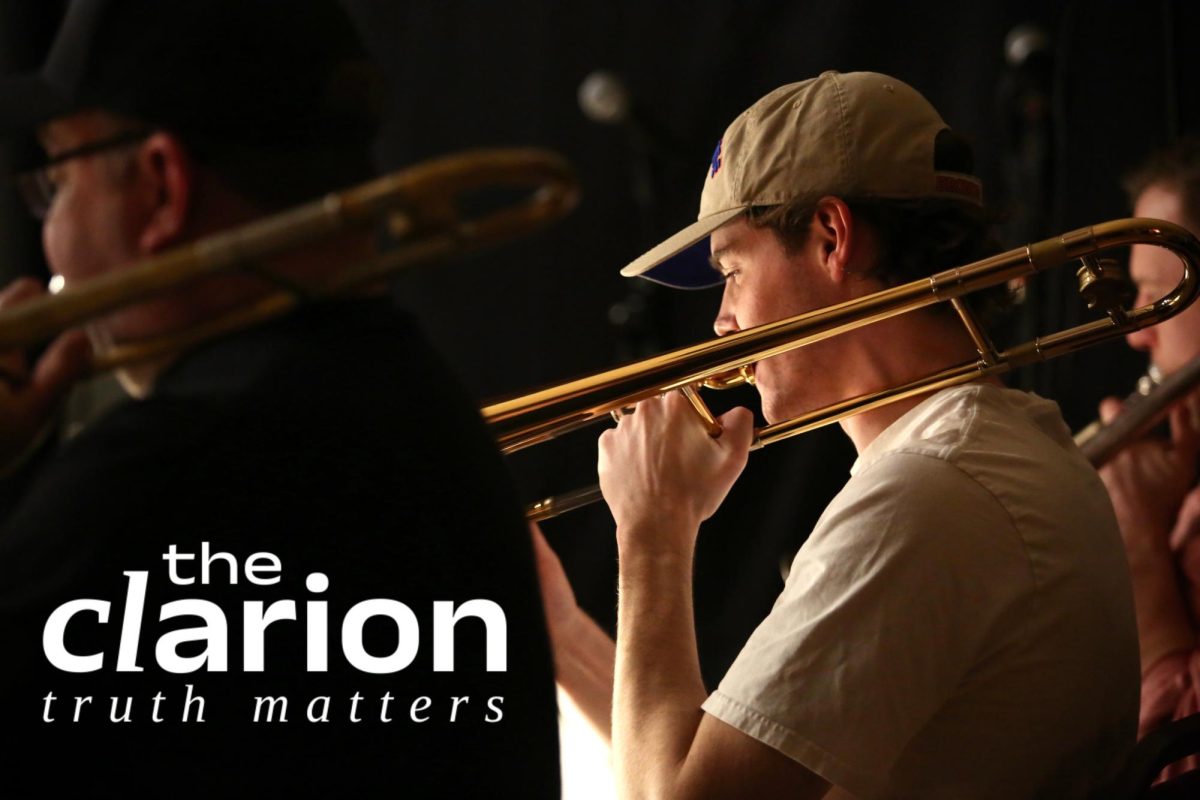
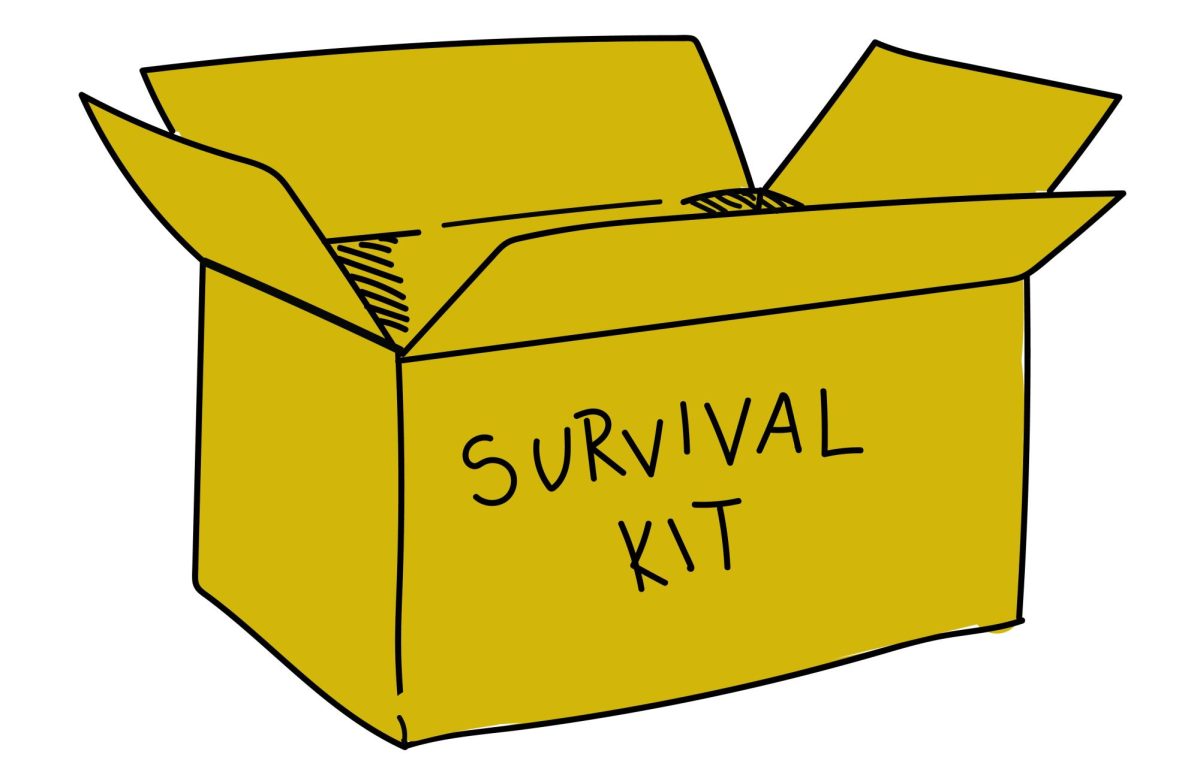




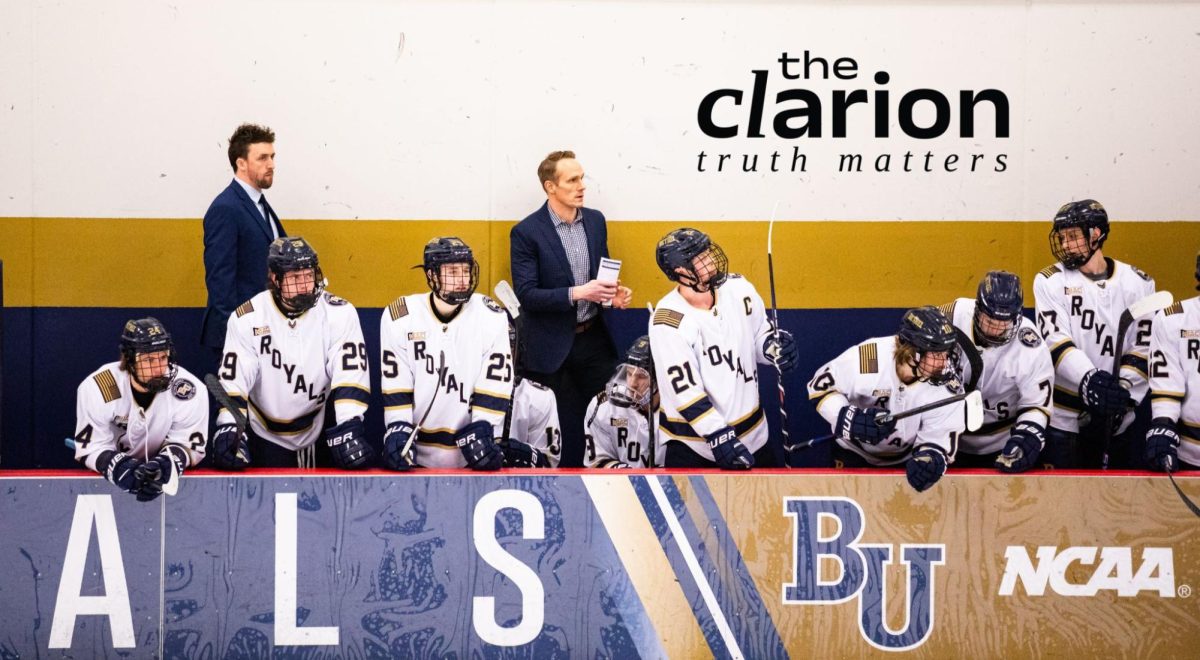
Jill • Mar 3, 2024 at 8:41 am
Amazing story, Gabe!♥️